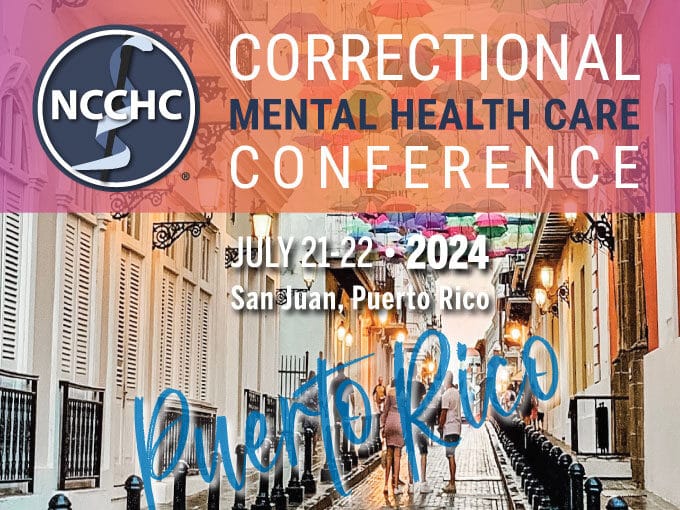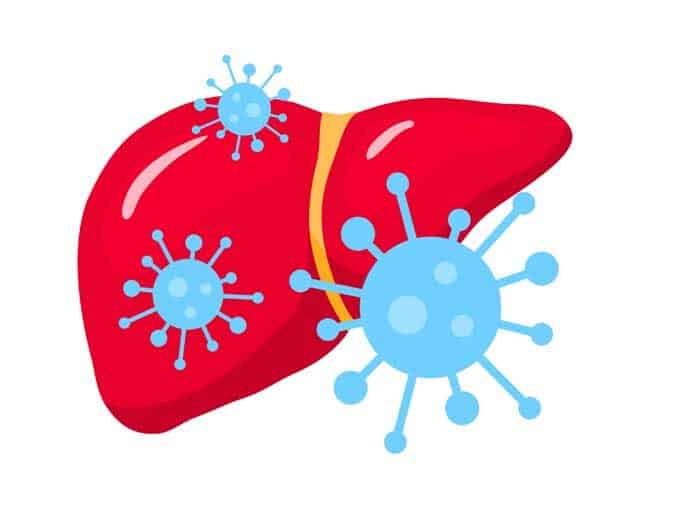
Say hola to Puerto Rico
The 2024 Correctional Mental Health Care Conference will be held in sunny San Juan!
Home Language Matters: NCCHC’s New Position Statement on Use of Humanizing Language in Correctional Health Care
In 2003, one of the first initiatives of the Center for NuLeadership on Urban Solutions, an independent academic center and public policy think tank of professional academics and others who were formerly incarcerated, was to respond to the negative language used to describe people. Today, many resources cite the import of using person-first language.
Guided through this journey by people with incarceration histories, including professors, senior leadership, mentors, colleagues, friends and clients, I saw the importance of using positive language to create more positive human interactions. While working to assist people transitioning from correctional to community settings, I began to use and reframe the language used in correctional settings that defines the location of people rather than the person in a setting. The challenges of this shift are not only in “eschewing the lexicon of our denizen environs” as one of my former CMOs encouraged, but in looking at people incarcerated as people first when you began your workday as a health care provider surrounded by razor wire.
I saw firsthand that language matters, improves therapeutic relations, and assists in the transition as people return to our communities after incarceration, creating a more positive human image. Asking our team to stop using negative terms and refer to people who are incarcerated as people first could potentially improve the therapeutic relationship as well as uptake of HIV testing, vaccinations, treatment adherence, and program participation. If the team used negative terms, we simply reframe what they said using positive, person first terms. We also trained peer educators who then saw themselves as helpers who facilitated uptake during flu vaccine pods, reducing “no show” appointments with several hired as patient navigators in the community after incarceration.
When I joined the NCCHC Board in 2019 as the American Public Health Association representative, I thought a good first step might be to propose a Position Statement supporting humanizing and respectful language. The idea was welcomed and the Board approved the new position statement on February 3, 2021.
We encourage adding “use person-first language such as person/people/individuals experiencing incarceration, incarcerated person/people/individuals, the incarcerated, person living with HIV, person with substance use disorder” to your protocols along with “greet your patient with a warm smile and a handshake or bow” (or masked nod during COVID-19 pandemic). Think of these person-first approaches as setting the stage for a therapeutic relationship with mutual objectives despite the setting. You may find that using positive language also creates a more positive environment for you and your team.
By Alison O. Jordan, LCSW
Liaison to NCCHC Board of Representatives, American Public Health Association


